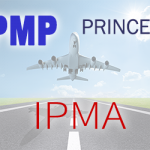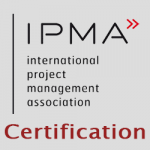
Project management certification is a great way to make your career take off. Promotions, salary increases, and prestige are just some of the rewards waiting at the end of the journey, but not all certifications are equivalent. Hence, it's important to have a flight plan prior to spending many hours obtaining a certification you might regret. A pilot that's … [Read more...]













